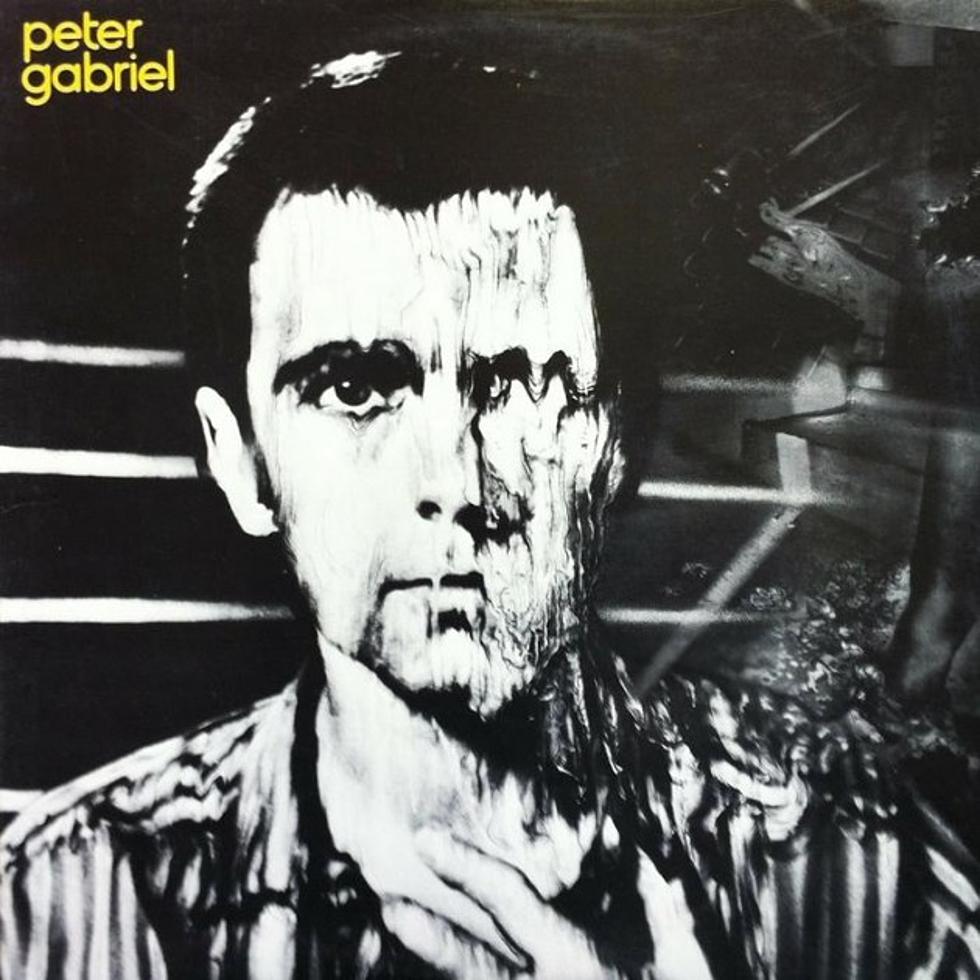After an interesting debut and a flop follow-up, Peter Gabriel had to pull out all of the stops for his third album. Too many frontmen had gone solo, released a solo album which sold reasonably well because it was bought by the previous band’s fanbase and then saw their second album bomb, leaving the artist to wallow in obscurity and release albums which sold less and less with each release.
Peter Gabriel was cleverer than that though. He recruited a crack band of session musicians to supplement his touring band on the album, including long-time guitarist-for-hire Robert Fripp, The Jam front man Paul Weller, XTC’s Dave Gregory and rising star Kate Bush on backing vocals. Oh, and former band mate Phil Collins on drums, who wasn’t allowed to play cymbals…
Admittedly Gabriel’s third self-titled album has a unique ambiance of it’s own. Fairlight synthesisers were used in abundance along with the more traditional sounds of a (cymbal free) rock band, it was lyrically quite a dark work and as a vocalist Gabriel was noticeably more strident than he had been previously. It was a major step up from his previous albums on all levels and it was a world away from the pastoral prog of Genesis. It was a risky move, but it proved to be Peter Gabriel’s first significant creative triumph as a solo artist and one of the key albums of the early 80s.
Over his previous albums Gabriel had been building towards a career as an act that specialised in ambitious and intelligent adult pop albums, blending prog rock, synth pop, hints of world music and a maturity that the likes of Sting would build their later careers upon. Gabriel’s third album tackled subjects such as an assassin stalking his victim (“Family Snapshot”) and conformity (“Lead A Normal Life”). In it’s own way it was quietly revolutionary. Despite this it had a distinct commercial edge to it, with “Games Without Frontiers being his first bona fide top ten single, “No Self Control”, “I Don’t Remember”, “And Through The Wire” (complete with superb Paul Weller riff) and “Not One Of Us” all having hit-single potential.
It also gave the first indication of where Gabriel’s ambition would eventually lead him, with closing track “Biko” acting as a teaser of his style for the rest of the decade. It’s a fine song, tackling a complex subject that may have been lost on a lot of Gabriel’s fans at the time, but it certainly made a lot more people aware of Stephen Biko.
With this album Gabriel made the difficult leap from ‘former Genesis vocalist’ to full-blown legitimate solo artist. Not only that, but he had established himself as a man whose artistic vision would become increasingly influential as the decade progressed.














No Comment